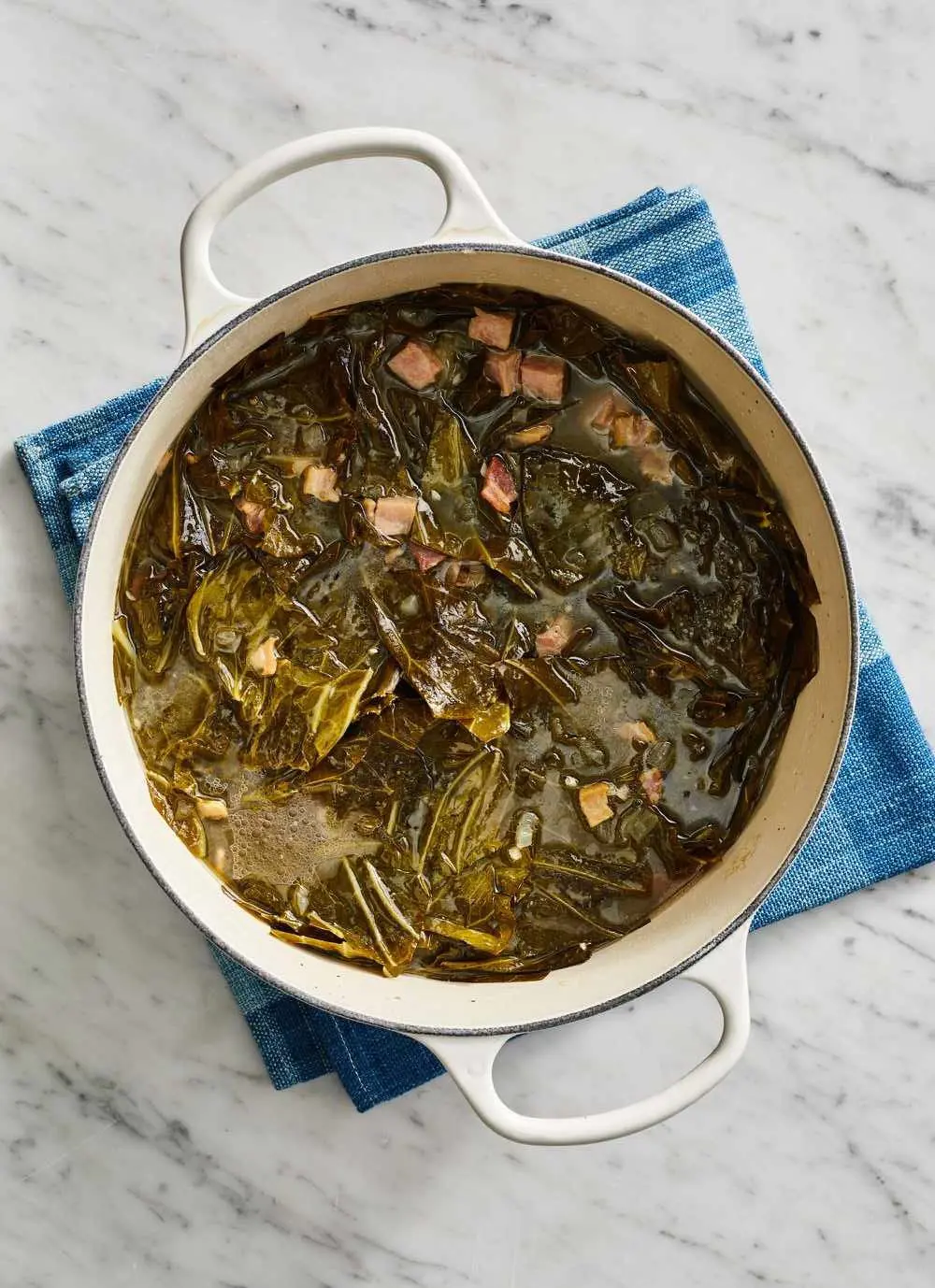12 Licorice Root Benefits For Your Health And Wellness

Licorice roots have been used to treat various ailments since prehistoric times. It contains an active compound called glycyrrhizin, which gives the plant its healing properties.
The compound is an antioxidant and anti-inflammatory and helps with coughs, colds, and gastrointestinal issues. Here we will discuss the potential licorice root benefits.
1. Gastrointestinal Issues
The first licorice root benefit is that it helps soothe gastrointestinal issues. Gastrointestinal diseases affect our gastrointestinal (GI) tract and cause symptoms like nausea, heartburn, indigestion, and functional dyspepsia (FD).
Meanwhile, FD is a digestive condition that causes various issues, such as stomach pain, bloating, heartburn, and vomiting.
There are no apparent causes of FD, and it can only be managed by consuming beneficial food like licorice roots. The active compound glycyrrhizin was effective in the treatment of FD.
2. Treats And Prevents Ulcers

A peptic ulcer is a sore on the stomach lining or small intestine. It causes symptoms like severe pain in your mid-to-upper abdomen, bloody stool, vomiting, heartburn, and bloating.
These ulcers are caused by Helicobacter pylori, a bacteria that eats away the protective lining of the digestive tract. Thankfully, we can prevent and heal these ulcers with licorice extracts.
3. Has Anticancer Properties
Licorice root extracts contain several antioxidant and anti-inflammatory compounds, which may protect consumers against certain types of cancer. Glycyrrhizin was effective in slowing and preventing the growth of cancer cells that caused skin, breast, colorectal, and prostate cancers. Most of these studies were done in tubes and on animals.
Therefore, the anticarcinogenic properties of human cancers are still unknown, but we know that the medicinal plant is useful in treating oral mucositis. Oral mucositis is an inflammation of the mouth that is painful and makes it difficult to eat. It is often a side effect of chemotherapy and radiation.
4. Aids Respiratory Conditions

Another benefit of licorice root is that it may aid respiratory conditions. Respiratory conditions affect the lungs and parts of the respiratory system and disrupt the airflow in our body.
Licorice roots have anti-inflammatory and antimicrobial properties that help manage breathing problems. The glycyrrhizin compounds, when used with modern asthma treatments, could relieve asthma symptoms.
5. Treats Cough And Sore Throat
Licorice root is effective in treating common cold, cough, and flu symptoms. It contains over 300 flavonoids and plant compounds that give the plant its antimicrobial and antiviral benefits.
These benefits help loosen and expel mucus deposits within the chest and nasal cavities, which are the root cause of sore throat and cough.
Licorice also contains mucilage, a gelatinous substance found in the roots of plants. This substance forms a protective lining that hydrates and soothes dehydrated and irritated tissues during a cough.
6. Menopause and Menstrual Symptoms

Menopause and menstrual symptoms are difficult to manage and, in some cases, may require treatment. Licorice extracts have anti-inflammatory properties and are as effective as ibuprofen in relieving menstrual cramps.
Additionally, licorice root contains compounds that mimic the effects of estrogen in the body and may help relieve symptoms of menopause, such as decreasing the frequency and severity of hot flashes.
7. Fights Tooth Decay
Another benefit of licorice root extract is that it may help prevent tooth decay and cavities. Tooth decay is caused by bacteria that make acid, which attacks the tooth’s enamel.
When acid erodes the enamel, it leads to a small hole in the tooth known as a cavity. If left untreated, tooth decay can cause infection and result in tooth loss. It might even lead to chronic conditions like heart attack and diabetes in the long run.
Dried licorice roots contain compounds like licoricidin and licorisoflavan-A, which have antibacterial properties against Streptococcus, bacteria that cause dental problems. These compounds could be incorporated into mouthwash or toothpaste as cavity-fighting components.
8. Boosts Immunity

Our immune system consists of different organs, cells, and proteins that work together to keep our body healthy and protect it from illnesses and diseases.
Glycyrrhizin, the active compound in the roots, has antimicrobial properties that can fight against these harmful and disease-causing bacteria and germs.
According to several studies, the compound helped reduce the growth and spread of a virus that caused hepatitis C. Hepatitis C is a viral infection that causes inflammation in the liver and damages the immune system. This damage is irreversible.
9. Pain Relief
Patients manage the swelling and pain symptoms with Nonsteroidal Anti-inflammatory Drugs (NSAIDs). Unfortunately, overuse of NSAIDs can damage the kidneys and increase the risk of stroke, heart attack, and blood clots.
If you are looking for a safer and more natural alternative, licorice roots might be it. These roots have anti-inflammatory benefits that may also help relieve pain.
10. Improves Cognitive Function

According to Ayurveda, licorice roots are a Medhya Rasayana, a combination of medicinal herbs that improve neurological function. The ayurvedic herb contains compounds such as glycyrrhizin and glabridin that have neuroprotective effects.
It provides the brain with essential nutrients and promotes blood circulation to the brain. The increase in nutrients and blood circulation protects the brain cells from oxidation and amyloid-beta plaques (toxins).
11. Helps Skin Inflammation And Infection
Another benefit of licorice root is that it soothes skin Inflammation and infection. The glycyrrhizin and glabridin in the plants have anti-inflammatory and antimicrobial properties that can be effective in treating skin conditions.
Lipid mediators, such as prostaglandins and leukotrienes, cause most of these skin conditions. The compounds in the medicinal herbs inhibit the production of these mediators and reduce skin inflammation.
This can reduce redness and itching. They also promote wound healing by encouraging skin cell regeneration. This can help speed up the healing process and prevent scarring.
12. Manages Stress

Licorice root has been used to treat various ailments, including stress. Researchers have discovered that licorice roots may help reduce stress by lowering cortisol levels.
The compounds in the plant help manage stress by inhibiting the production of cortisol and increasing the production of endorphins. Endorphins are chemicals that trigger positive feelings in the body.
These chemicals improve mood, which in turn reduces stress.
Recent posts
Nutrition
Nutrition
Licorice Root: Benefits And Uses
You can spell it liquorice or licorice; this herb or root has been in use for centuries in most medicinal applications, as a natural sweetener and to enhance flavors. Regarding its origins, it comes from the root of the "Glycyrrhiza galbre" plant and...
Nutrition
Is Salmon Good For You? Nutritional Facts and Benefits
Salmon fish is a staple diet throughout the world, popular as a super food for its nutrients. Whether savored in sushi, poached, grilled, roasted, or pan-fried, salmon offers minerals and vitamins that contribute to healthy bodily functions. In addit...
Nutrition
25 Smoked Salmon Recipes That You Will Enjoy
Salmon is a silver-colored fish that is loaded with many nutrients, vitamins, and omega-3 fatty acids. Smoked Salmon is better for improving your health and reducing the risk of cancer, heart-related diseases, fights inflammation, reduces anxiety and...
Nutrition
Are Sausages Healthy? Nutrition And Health Benefits
Sausages are tasty in an addictive way, making them one of the most popular foods worldwide. You may have enjoyed this convenient food often, whether on a bun with mustard or grilled on a barbecue, the simple preparation methods are what makes its co...
Nutrition
20 Vegetables That Are Rich In Iron
Iron is essential for our bodies to function well. When we don't get enough iron, we often feel weak and tired. It's important to address iron deficiency early by eating the right foods. Fortunately, many vegetables are rich in iron and can help prev...
Nutrition
15 Cauliflower Nutrition Facts And Health Benefits
Cauliflower, a cruciferous vegetable, resembles a white variation of its relative, broccoli. Like broccoli, it has closely bunched florets attached to a thick core, often surrounded by a few leaves. While white is the most common color, cauliflower i...







